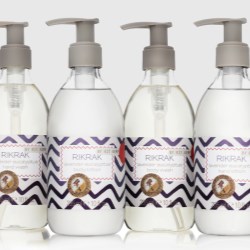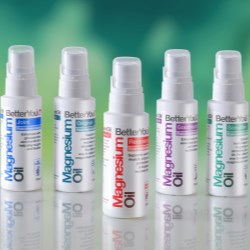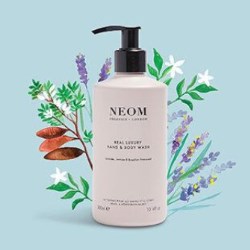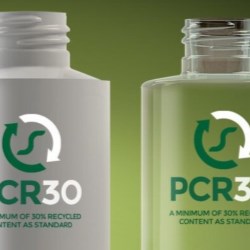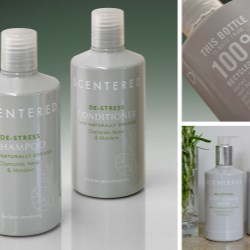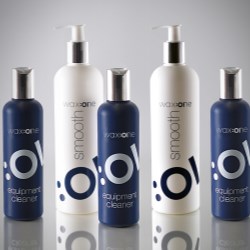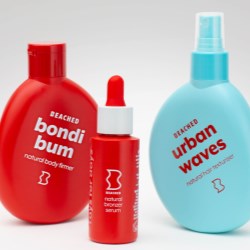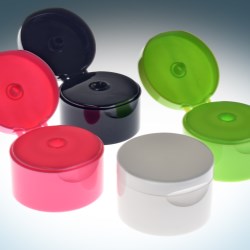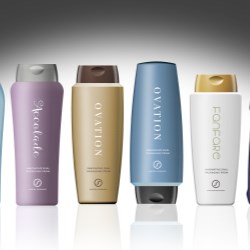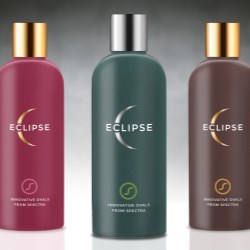Public
Spectra Packaging Catalog
Spectra Packaging Gallery
Spectra Packaging Locations
Spectra Packaging News
If this is your company, CONTACT US to activate Packbase™ software to build your portal.
To complement their standard range of containers, Spectra also supplies innovative quality closures which provide their customers with that total packaging solution.
Spectra produce caps which not only fit their range of containers beautifully, but also their customers needs too - with a bespoke closure service aimed at delivering truly individual results for a wide range of markets.
What’s more, Spectra’s flexible approach also enables customers the opportunity to own closure moulds outright or simply benefit from partial tooling exclusivity. This is dependant on specific markets or particular circumstances.
Customers can also take advantage of Spectra’s market knowledge, with a range of added value benefits. These include polymer colouring expertise which produces stunning results for a variety of effects such as metallics or pearls, as well as exact colour matching. This is reinforced with guidance and technical assistance on a number of closure issues from design and materials to choosing the ideal cap for a particular bottle type.
What is injection moulding?
Injection moulding is the process of manufacturing highly accurate plastic components such as closures, overcaps and reducing plugs. Plastic resin is fed into a heated barrel and screw which is then injected at high pressure into a water cooled mould which may consist of various moving parts. Due to the high injection pressures this cavity will be held together by the use of a clamping unit. While the plastic is held inside the mould, the plastic will freeze off to the desired shape. After the plastic has cooled sufficiently the mould and clamping unit will open and allow the finished component to be ejected so that the process can be repeated.
What are the benefits of PP as a material?
Generally PP is advantageous when being used in conjunction with a dissimilar bottle material ie HDPE / PVC / PETG as it will improve any binding issues between the 2 components.



